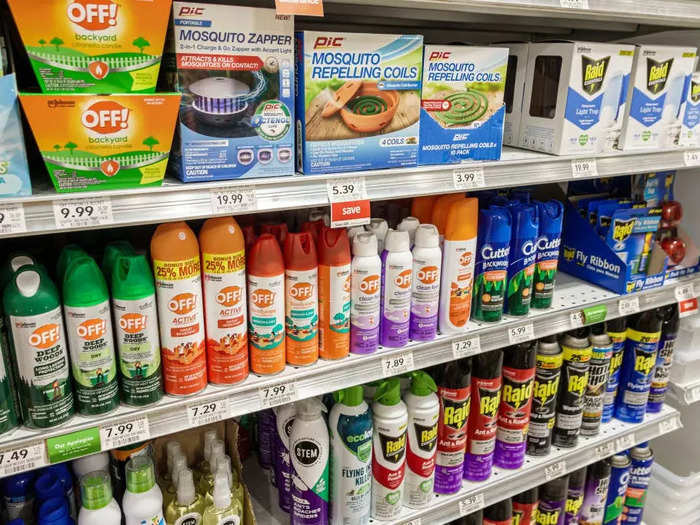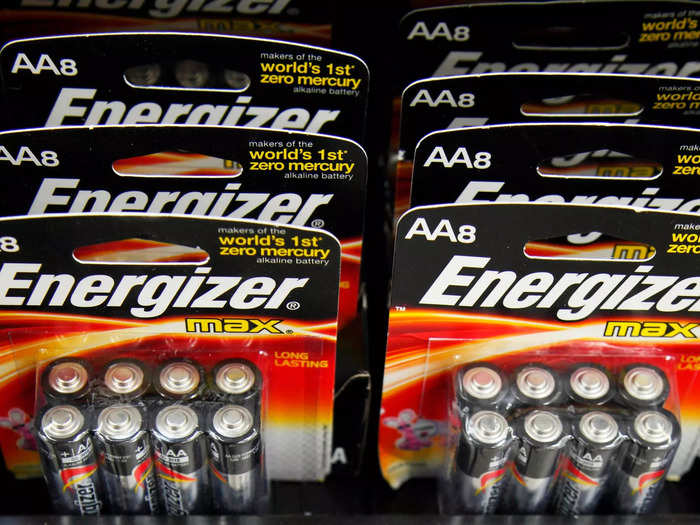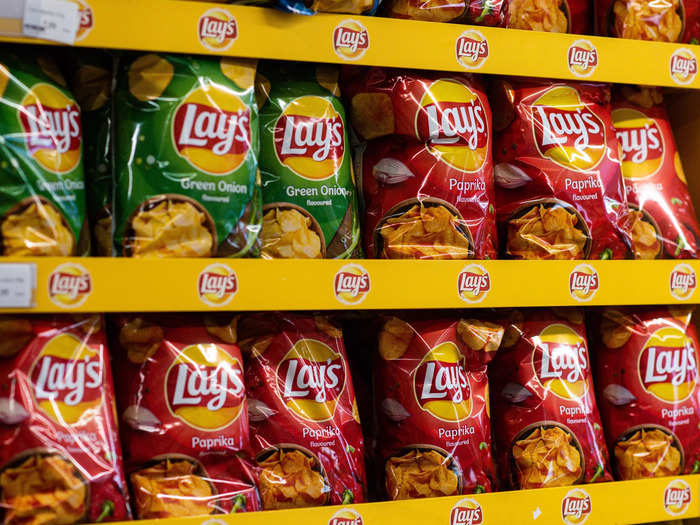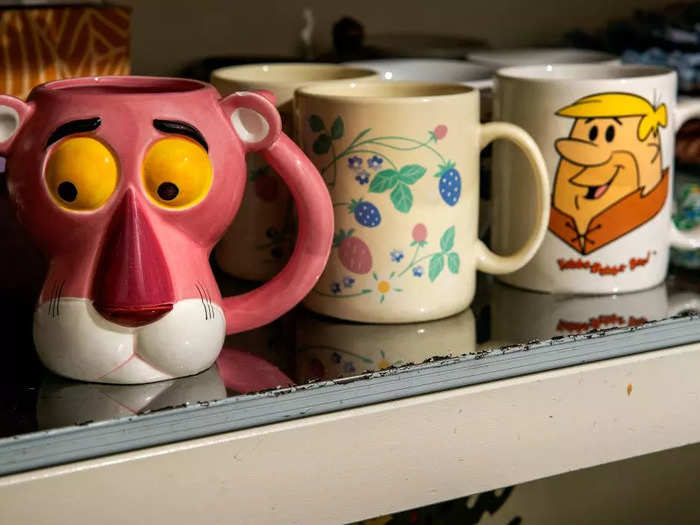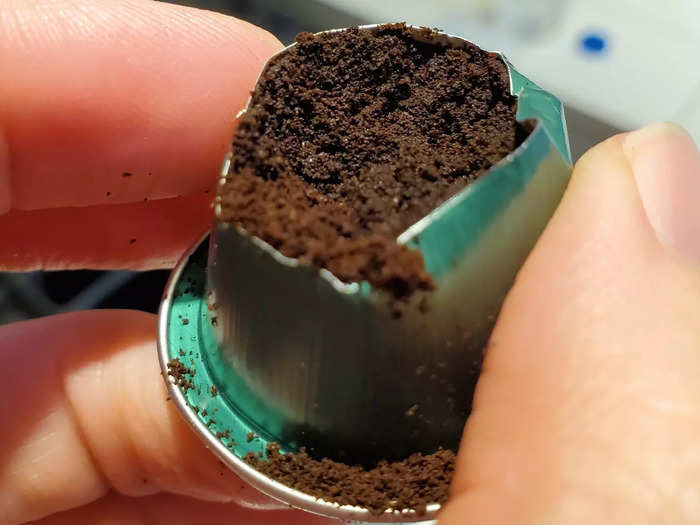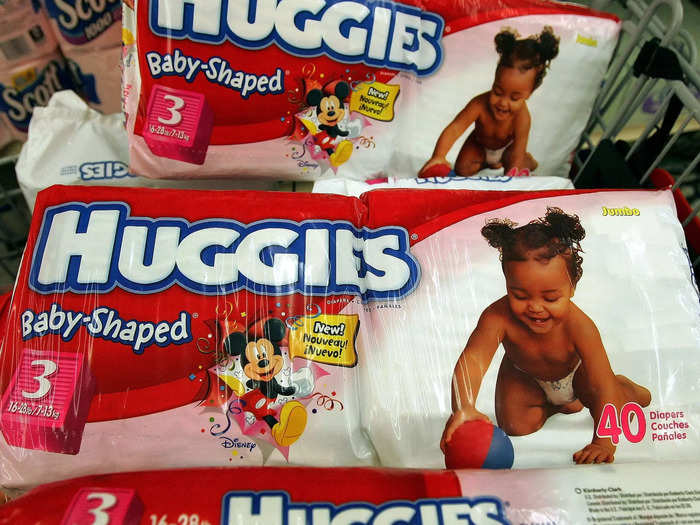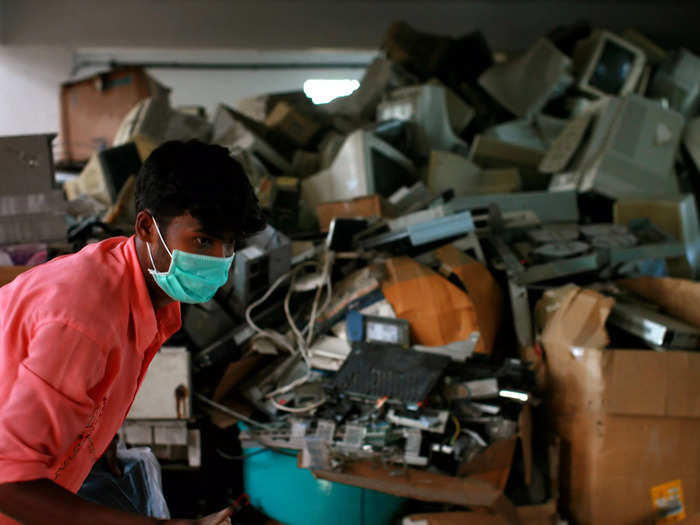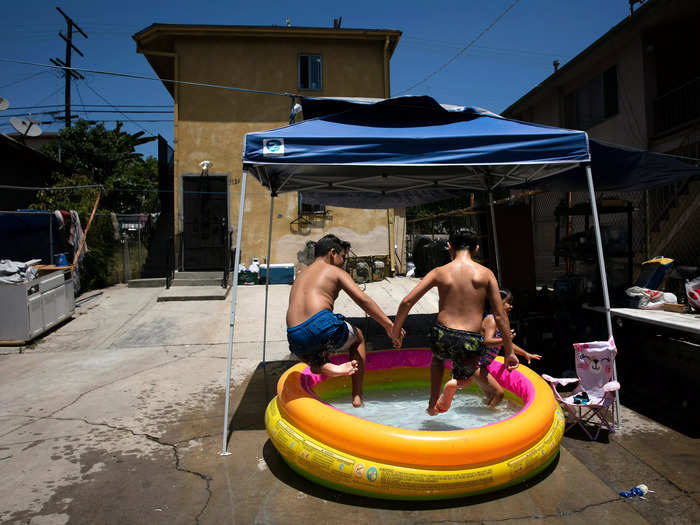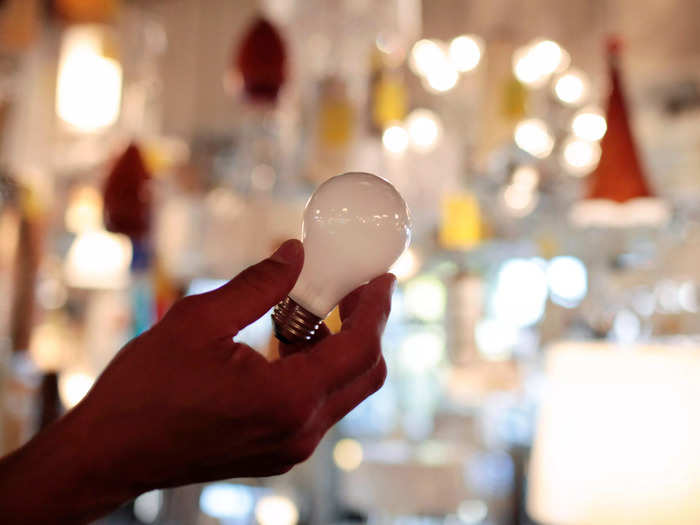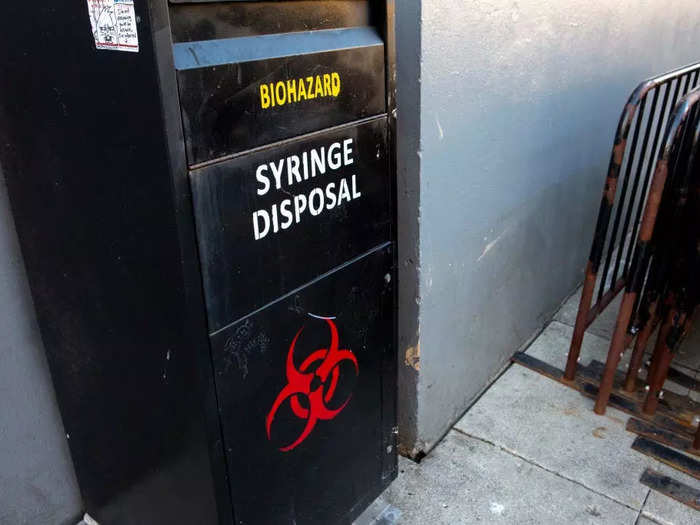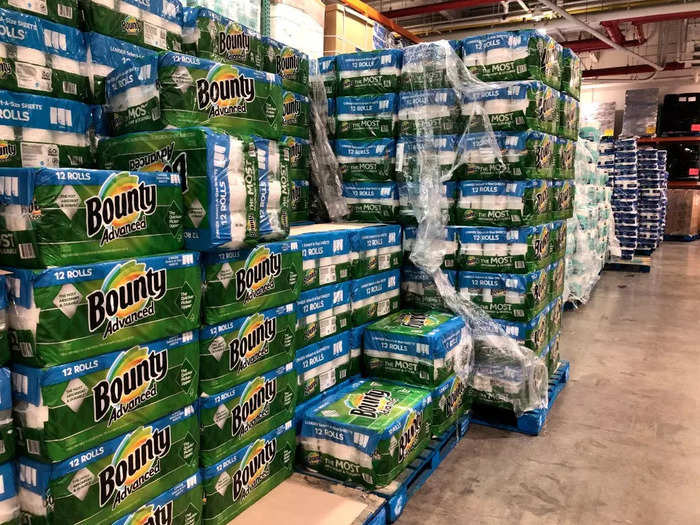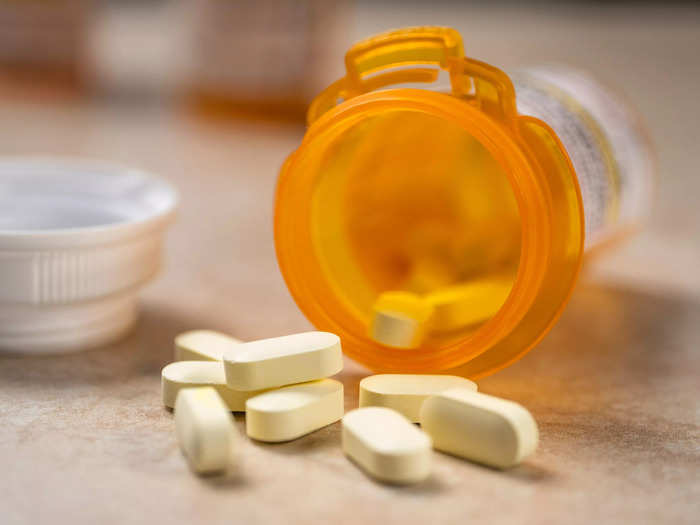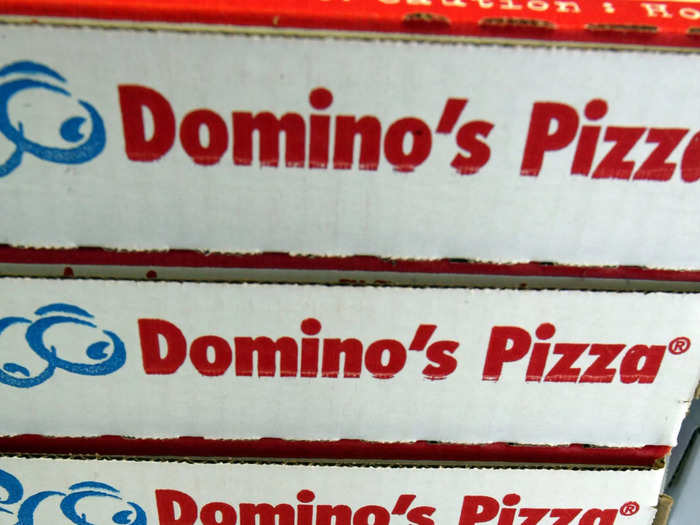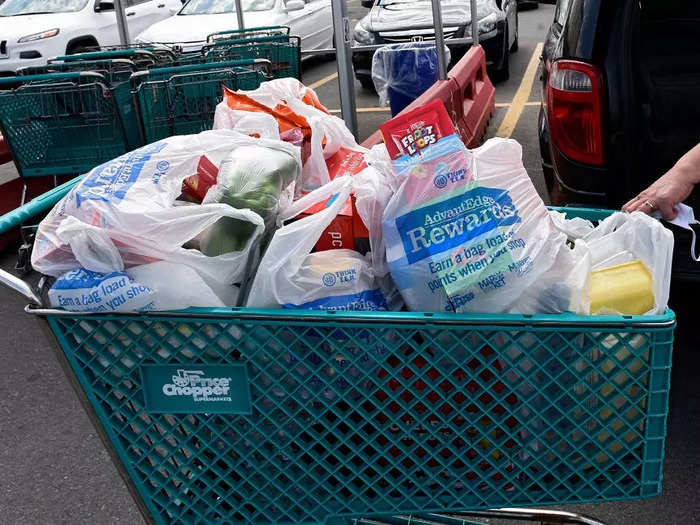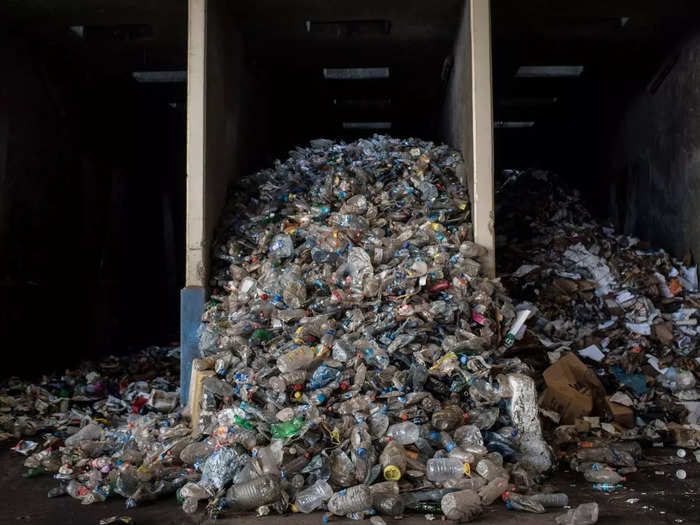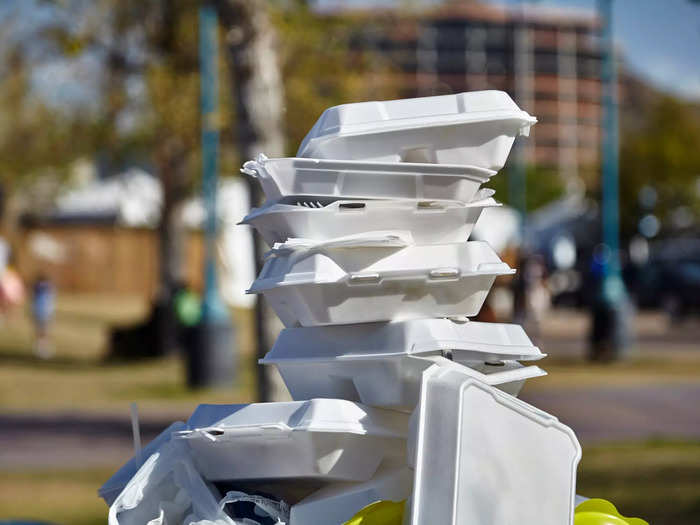Recycling standards vary widely across the US, which can make it confusing to know what your city will pick up and what you need to drop off yourself.ryasick/Getty Images
- Recycling standards vary widely across the US.
- Recycling the wrong material or including wet or dirty items can contaminate the waste stream.
Many of us have been guilty of "wish-cycling" — tossing just about every piece of paper, plastic, metal, or glass in the blue bin because it should be recyclable. Unfortunately, recycling is more complicated than that.
What belongs in curbside recycling bins varies widely in the US. "There are literally thousands of recycling standards across the country," Rajesh Buch, a professor at Arizona State University's Global Institute of Sustainability and Innovation, told Business Insider.
That's, in part, because recycling systems that can sort through piles of discarded items can cost tens of millions of dollars. "In most communities," he said, "they don't have the resources to have these fully loaded, full-capacity systems."
Conflicting standards can be confusing, but dumping every container or scrap can contaminate the waste stream, Buch said. One estimate puts recycling's contamination rate at 17%.
Therefore, it's necessary to check with your municipality to see the types of recyclables it's equipped to handle. Earth911 has a recycling locator that can help you find where to dispose of certain recyclables, or you can pay a company like TerraCycle to do the work for you.
That said, there are some items that almost always need to go in the garbage or a special recycling facility.
1. Aerosol cans
Some locations accept aerosol cans for recycling, but you'll want to make sure they're empty. Jeffrey Greenberg/Universal Images Group via Getty Images
Aerosol cans are metal with plastic caps, which should be recycled separately. Some recyclers accept the cans but others don't.
You'll want to make sure they're empty if you are able to recycle them, especially if the cans contained chemicals. "Some of these are dangerous to put in the blue bin," Buch said.
2. Batteries
Many recycling locations won't accept batteries tossed in blue bins. John Gress/Reuters
Some cities, like Seattle, have barred people from throwing batteries in the trash because they can cause chemical leaks and fires. Batteries usually can't be recycled curbside, either.
Instead, a battery recycling facility needs to take them, Buch said.
If you want to recycle them, you can find retail locations willing to take batteries on the site Call2Recycle.
3. Chip bags and other snack wrappers
Because they're made of a mix of materials, chip bags aren't recyclable. Mateusz Slodkowski/SOPA Images/LightRocket via Getty Images
Chip bags, granola bar wrappers, and other snack packages are often multi-layered materials, Buch said.
"You've got foil on the outside," he said. "You've got a plastic coating on the inside, and that's not recyclable." The machines aren't able to separate the layers.
Some brands' packaging is recyclable through How2Recycle, though you'll have to drop it off at a participating grocery store or retailer.
4. Coffee mugs and other ceramics
Reuse or donate old mugs if you can because ceramics are difficult to recycle. Mel Melcon / Los Angeles Times via Getty Images
It might seem like your blue bin is the perfect spot for a broken coffee mug, but there isn't good technology to recycle ceramics, Buch said. They can even damage equipment.
The same is true for heat-resistant glass used to make items like baking dishes.
5. Coffee pods
Thanks to their tiny size, many coffee pods don't get recycled, even if you separate them properly. Gado/Getty Images
Over the years, coffee companies have made their pods more environmentally friendly by switching to a different type of recyclable plastic. But you still can't just toss them in your recycling right out of the machine.
"The foil is recyclable," Buch said. "The plastic is recyclable." But you have to remove the foil top from the plastic cup. As with all other recycling, it should be clean and dry.
Even when properly separated, though, the pods can be what Buch calls a "nuisance item." They're so small that they often fall through slots or holes in sorting machines instead of getting recycled.
"Anything that's two inches or smaller is going to fall out of the sorting system," Buch said.
There are still ways to recycle some pods, though. Nescafe accepts pods you return to them, for example.
6. Diapers
There are multiple reasons why diapers can't be recycled with traditional methods. Tim Boyle/Getty Images
Disposable diapers are difficult to recycle "even if you didn't have all the poop inside," Buch said. They contain a variety of materials, like plastic and cellulose.
Some recycling companies like TerraCycle might take them, but municipal facilities most likely won't.
7. E-waste
Many electronics are recyclable, but you may need to take them to a special drop-off site. Uriel Sinai/Getty Images
Cellphones, printers, and computers contain plastic, metal, and a mix of other materials that make them poorly suited for standard recycling systems.
Many cities have separate facilities where you can drop your e-waste off, or you might be able to schedule a special pickup. For example, if you have a coffee maker that's gone kaput, a retailer like Staples might recycle it and other small appliances for free.
8. Inflatable pools and toys
Repairing a popped inflatable pool might be easier than recycling it. Jae C. Hong/AP
In 2018, the US generated 35.7 million tons of plastic waste and only recycled about 9% of it, according to the EPA's most recent estimates. Because there are so many different kinds of plastics, it can be difficult to know what you can and cannot throw in your blue bin.
Many plastic containers have a little symbol on them, recycling arrows with a number in the center. This is what's known as a resin identification code.
Most recycling facilities accept empty, clean, dry number 1 or 2 plastic. Some locations accept numbers 1 through 7, while others won't take number 3, 6, or 7. It's best to check before you chuck your plastic in the bin.
PVC, which is number 3, is used to make inflatable pool toys, faux leather, and other goods and is very difficult to recycle.
9. Light bulbs
Some retailers accept light bulbs for recycling. AP Photo/Jae C. Hong
There are many types of light bulbs, from CFLs to LEDs. It's important to figure out what type you have before tossing it because many municipalities have different rules about where they go.
"Some of the old light bulbs even have mercury or other kinds of chemicals in them, like fluorescent light bulbs," Buch said. You may have to take them to your local hazardous waste collection site.
Some hardware stores will take certain types of bulbs, and Batteries Plus accepts a wide variety, including LEDs, incandescent bulbs, and fluorescent tubes.
10. Medical waste
Syringes and other sharp medical devices can injure workers at waste and recycling facilities. Santiago Mejia/San Francisco Chronicle via Getty Images
Needles, syringes, and other sharp medical products can injure workers at waste and recycling facilities. Some locations have drop boxes or other collection sites that take them.
Safe Needle Disposal offers lists of disposal locations by state as well as mail-in services, which often require a fee.
11. Napkins and paper towels
Even clean paper towel and napkins can't be recycled. Lindsey Nicholson/UCG/Universal Images Group via Getty Images
You may know that you only used a paper towel to dry your hands, but the recycling facility doesn't. They have to assume it could have been covered in food, grease, or even something hazardous.
"Those things become contaminated waste in the blue bin," Buch said. Plus, the fibers in these paper products are too short to get recycled.
12. Prescription pill bottles
Some pill bottles may be too small to get properly sorted at recycling facilities. Tetra Images / Getty Images
As with coffee pods, some prescription pill bottles, and their lids, are small enough to fall through sorting machines and won't be recycled.
"There might be some communities where they don't take the pill bottle and other communities where they do," Buch said.
For example, Madison, Wisconsin's recycling program accepts prescription pill bottles that are taller than 3 inches, with their plastic lids attached.
13. Greasy pizza boxes
As long as your pizza box isn't too greasy, you should be able to recycle it. Joe Raedle/Getty Images
Cardboard is one of the most recycled materials in the US, but over half of what's tossed still ends up in landfills, according to a 2019 estimate.
While most pizza boxes are made of cardboard, they're also often greasy. "Sometimes the cardboard has cheese stuck to it, so now you've got cardboard with food, so it's contaminated," Buch said.
Unfortunately, grease-coated cardboard can damage recycling machinery. Some facilities will still take the boxes if they're not too dirty.
14. Plastic bags and bubble wrap
Plastic bags get tangled in recycling machines, which is why you can't put them in your curbside bin. Lori Van Buren/Albany Times Union via Getty Images
Plastic bags and film and bubble wrap can cause serious problems for recycling equipment, acting a bit like hair caught around a vacuum roller brush.
"Plastic film stretches and becomes literally filament-like," Buch said. "It gets wrapped around inside these sorting systems."
Many grocery stores have collection boxes for plastic bags.
15. Loose plastic bottle tops
Recycling facilities once urged customers to separate plastic bottles and their tops, but the loose caps are too small for many sorting machines. Chris McGrath/Getty
Whether you should leave plastic tops on water bottles before recycling them varies between municipalities.
"The lid is made of a different material than the plastic bottle itself," Buch said, so they're recycled differently.
Many facilities can separate the cap and bottle. However, you'll still want to check with your local recycler because some require cap-free bottles.
16. Styrofoam
Styrofoam is very difficult to recycle and some regions are banning its use for food containers. wingedwolf/Getty Images
Many cities and states have banned styrofoam food containers, but the substance still arrives in a lot of products and shipping packaging.
Styrofoam, also known as polystyrene, isn't recyclable in most curbside bins. Many cities have drop-off sites, though, they may only take certain types, like styrofoam blocks.

